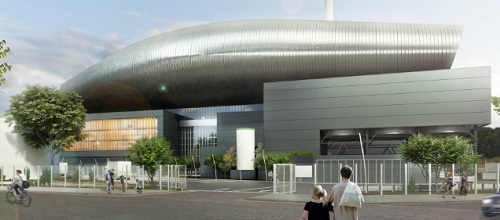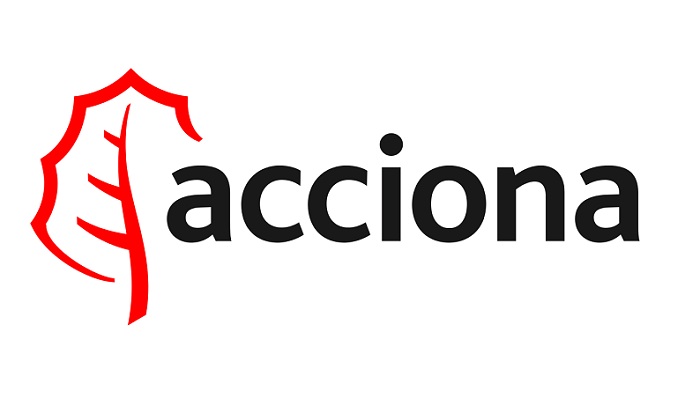ACCIONA will construct and operate a waste-to-energy plant in Aberdeen (Scotland) called the Ness Energy Project, with a capacity to treat 150,000 tonnes of waste per year.
ACCIONA will be responsible for the design and turnkey construction, commissioning and the operation and maintenance (O&M) of the plant for a 20 year period, with a total budget of approximately €400 million, including the EPC work (the turnkey engineering project) and the price of the O&M contract for the whole period.
For the operation and maintenance of the facilities for the entire duration of the contract, it will rely on the expertise of Indaver, a company specialized in waste management for over 25 years.
The project will provide a long-term, sustainable solution for non-recyclable municipal solid waste (MSW) produced in the city of Aberdeen, Aberdeenshire and Moray (local councils in north-east Scotland), as new legislation will ban waste going into landfill in Scotland from 2021.
 The Ness Energy Project will be housed in a former gas storage site on the East Tullos Industrial Estate in Aberdeen, where it will treat non-recyclable waste in a clean, sustainable and comprehensive way. It will also generate electricity for the National Grid and heating for households in the Torry district.
The Ness Energy Project will be housed in a former gas storage site on the East Tullos Industrial Estate in Aberdeen, where it will treat non-recyclable waste in a clean, sustainable and comprehensive way. It will also generate electricity for the National Grid and heating for households in the Torry district.
The plant will comply with Scotland’s Pollution Prevention and Control Regulations and will be regulated by the Scottish Environment Protection Agency (SEPA), whose regulations are based on the strictest controls recently introduced by European directives.
This contract is part of ACCIONA’s commitment to projects based on cutting-edge technologies that contribute to sustainability and protecting the environment. ACCIONA’s experience of projects for generating energy, recovering waste and constructing turnkey energy plants were all determining factors in winning the contract.
Last year, ACCIONA was awarded a contract to construct a waste-to-energy plant in Kwinana (Western Australia), the first large-scale plant of this type in the country, with a capacity to treat around 400,000 tonnes of waste per year.





































